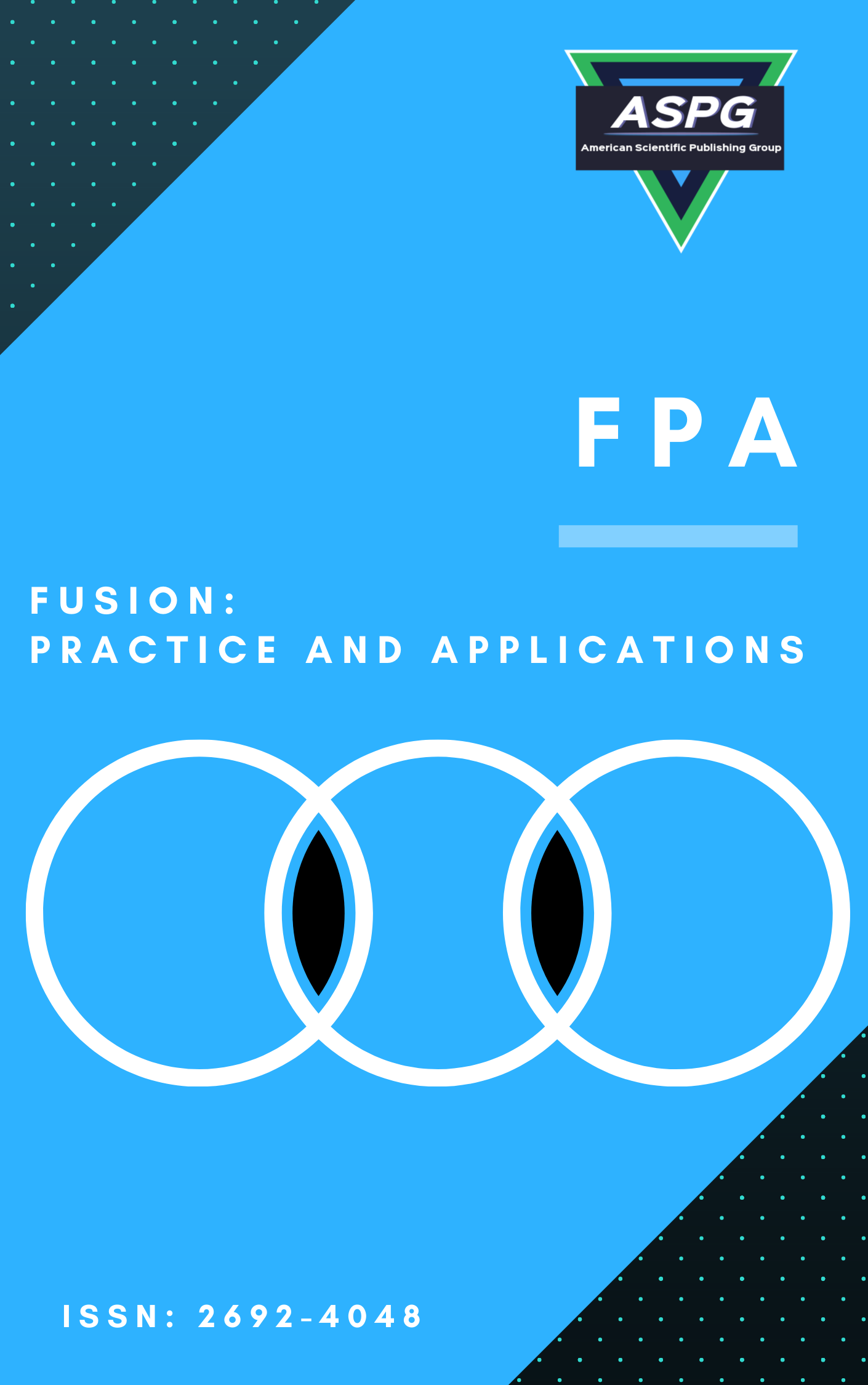

Volume 20 , Issue 2 , PP: 93-102, 2025 | Cite this article as | XML | Html | PDF | Full Length Article
Moosa Ahmed Hassan Bait Ali Sulaiman 1 * , Anita Venugopal 2
Doi: https://doi.org/10.54216/FPA.200208
The advancement and expansion of artificial intelligence (AI) has revolutionized traditional education paradigms. The ability of language models to process human language has revolutionized the field of artificial intelligence. This had led to the integration of language models such as Generative AI (GAI) into learning as it can understand and process human language efficiently. Fusion of these models has significantly enhanced education and research development leading to academic progress. There is gap in the learning needs of the students. Traditional teaching methods often fail to provide personalised adaptive environments and hence to fill this gap this research focusses on integration of AI tools in classrooms. The objective of this paper is to explore and analyze the applications of integration of generative AI strategies in teaching and to examine the impact from educators’ perspective. The objective of the study is to evaluate the effectiveness of GAI powered integration in teaching and learning by analyzing the feedback scores gathered by students and teachers of an undergraduate course. Data was collected and analyzed using standard mean comparisons. Results of the analysis demonstrate that generative AI assisted teaching facilitated adaptive learning, automated content generation, enhanced student engagement and the quality of dynamic learning when compared with conventional strategies. Using quantitative analysis, the study validates GAI fusion, and the data is analyzed using standard mean scores. The improvement performance of students and educators feedback for traditional and GAI is 56.63% and 54.41% respectively, which suggests a positive shift of moving from traditional to GAI approaches. This strong score shows the GAI approach is more effective and student-centered. The results reveal that though challenges exist, strategic guided integration of GAI significantly enhances pedagogical factors of education and thus plays a crucial role in shaping AI education as AI models evolve.
Generative AI , AI in Education , Adaptive Learning , AI-Powered Education , Digital Learning
[1] H. Xie, S. K. W. Chu, G. J. Hwang, and F. L. Wang, "Trends and research issues of AI-supported educational technology: A review of journal publications from 2007 to 2017," Interactive Learning Environments, vol. 27, no. 1, pp. 95-116, 2019.
[2] B. Means, Y. Toyama, R. Murphy, M. Bakia, and K. Jones, "Evaluation of evidence-based practices in online learning: A meta-analysis and review of online learning studies," U.S. Department of Education, 2010.
[3] B. P. Woolf, AI in education, Cambridge University Press, 2020.
[4] N. Selwyn, "Should robots replace teachers? AI and the future of education," Social Science Computer Review, vol. 37, no. 2, pp. 214-225, 2019.
[5] R. Luckin, W. Holmes, M. Griffiths, and L. B. Forcier, Intelligence Unleashed: An Argument for AI in Education, Pearson Education, 2016.
[6] R. F. Schmid et al., "The effects of technology use in postsecondary education: A meta-analysis of classroom applications," Computers & Education, vol. 72, pp. 271-291, 2014.
[7] A. G. Picciano, "Theories and frameworks for online education: Seeking an integrated model," Online Learning, vol. 21, no. 3, pp. 166-190, 2017.
[8] Y. Wang, C. Liu, and L. Zhang, "The integration of AI and traditional teaching methods: A new paradigm for personalized education," Journal of Educational Technology, vol. 38, no. 4, pp. 112-128, 2021.
[9] J. Brewer, "Responsible AI integration in our schools could be a lifeline," Journal-Courier, 2025. [Online]. Available: myjournalcourier.com
[10] W. Holmes, M. Bialik, and C. Fadel, "Artificial Intelligence in Education: Promises and Implications for Teaching & Learning," Center for Curriculum Redesign, 2023.
[11] I. Roll and R. Wylie, "Evolution and revolution in AI in education," International Journal of Artificial Intelligence in Education, vol. 30, no. 2, pp. 582-599, 2023.
[12] O. Bulut et al., "The Rise of Artificial Intelligence in Educational Measurement: Opportunities and Ethical Challenges," arXiv preprint arXiv: 2406.18900, 2024.
[13] "Chinese universities launch DeepSeek courses to capitalize on AI boom," Reuters, 2025. [Online]. Available: reuters.com
[14] S. Wang and R. Tahir, "The impact of AI on student learning experiences: A systematic review," Journal of Educational Computing Research, vol. 60, no. 2, pp. 253-278, 2024.
[15] R. Smith and M. Johnson, "The impact of traditional teaching methods on student engagement and retention," Journal of Educational Research, vol. 45, no. 2, pp. 112-130, 2023.
[16] T. Brown, P. Miller, and L. Davis, "Artificial intelligence in education: Enhancing learning outcomes through adaptive systems," AI & Learning, vol. 18, no. 4, pp. 245-260, 2022.
[17] H. Lee and S. Kim, "The role of AI-driven personalized learning in higher education," International Journal of AI in Education, vol. 30, no. 1, pp. 75-95, 2023.
[18] J. Gonzalez and R. Patel, "Real-time feedback in AI-integrated classrooms: A case study on student performance," Learning Technologies Review, vol. 22, no. 3, pp. 180-195, 2024.
[19] C. Anderson and J. White, "Visualizing educational data: The effectiveness of sparklines in student performance tracking," Data Science in Education, vol. 12, no. 2, pp. 50-67, 2021.
[20] L. Zhao, "Advancements in education analytics: How data visualization enhances learning insights," Journal of Learning Analytics, vol. 29, no. 3, pp. 99-115, 2024.